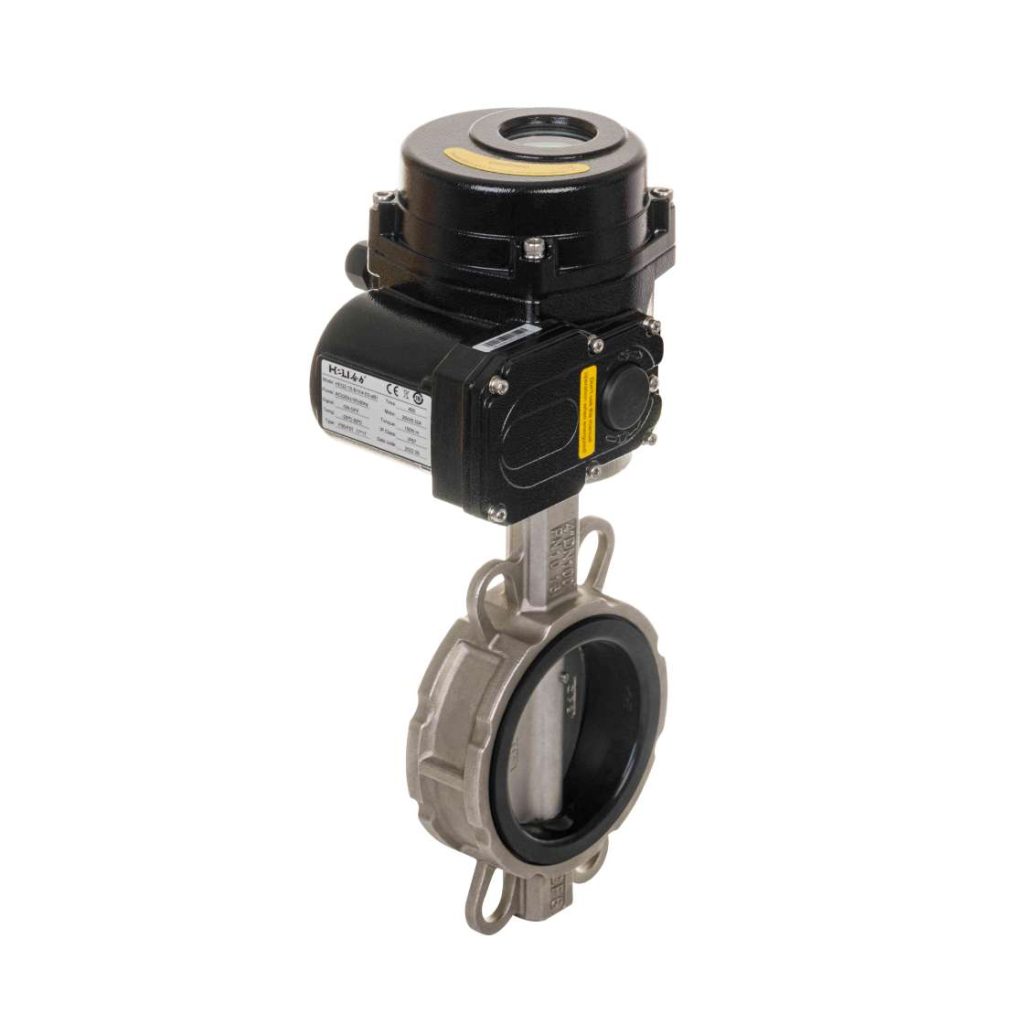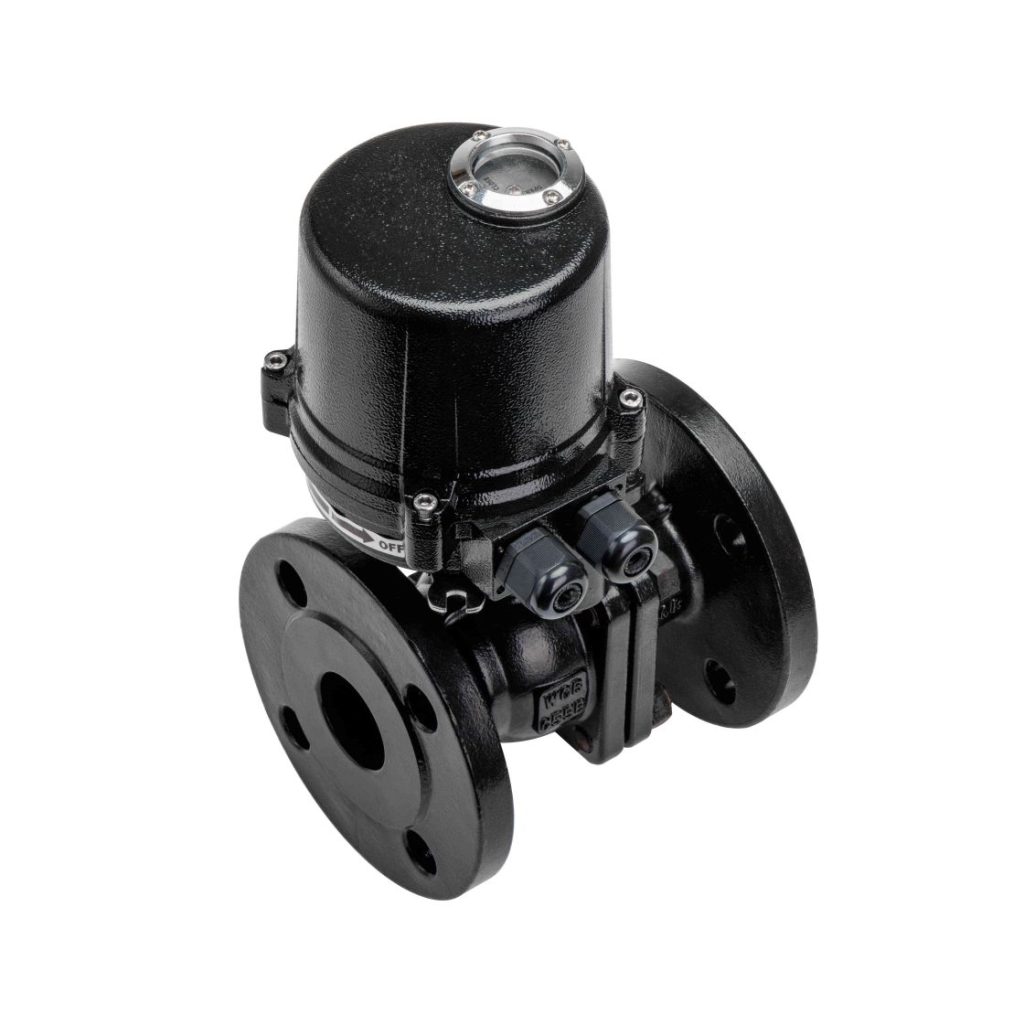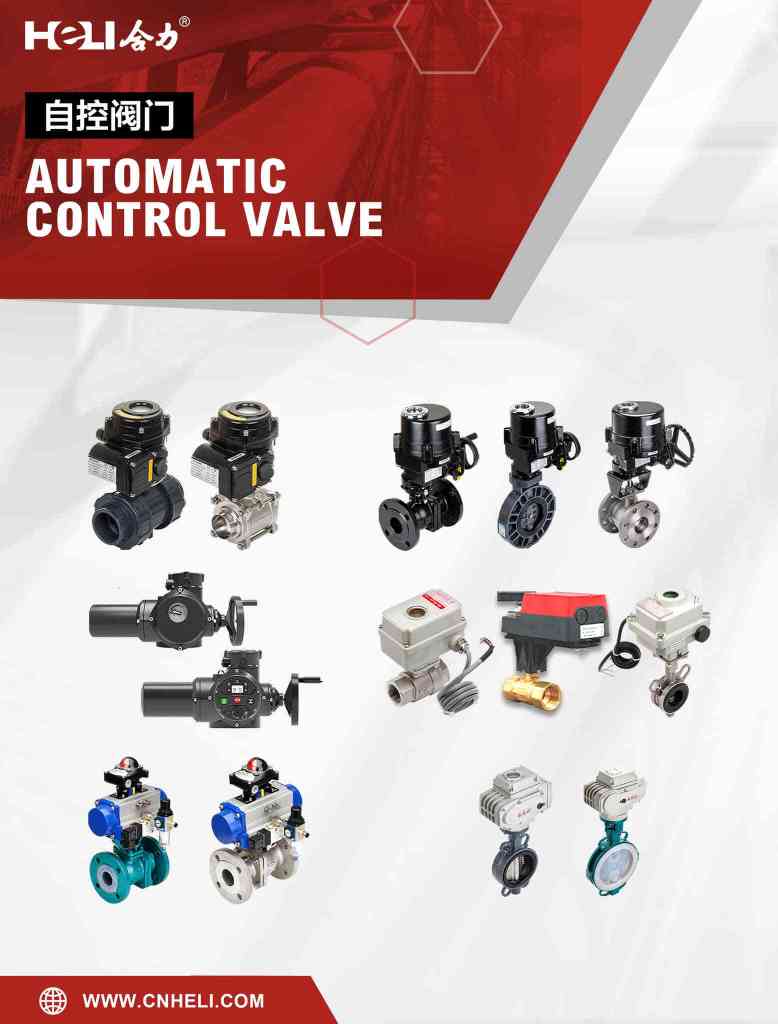Electric valves are integral components in modern industrial processes, allowing for precise control of fluid flow within a system. They are operated by an electric motor and are designed to provide automation in systems that require frequent or complex adjustments. This article will explore the various functions, types, and applications of electric valves, highlighting their importance in numerous industries and their role in improving system efficiency.

What is an Electric Valve?

An electric valve is a valve that is powered and controlled by electricity rather than manual force. It uses an electric actuator to open or close the valve based on the electrical signals it receives from a control system. The electric actuator typically consists of an electric motor, gears, and a feedback system that ensures precise positioning. Electric valves are widely used in systems where precise control over fluid flow, pressure, or temperature is crucial. Electric valves can be used to regulate a wide range of fluids, including water, gas, steam, and chemicals, in various industries such as manufacturing, energy, water treatment, and HVAC systems. These valves can be operated remotely or automatically, making them highly convenient for large-scale operations and improving safety and reliability.

Leave a Reply